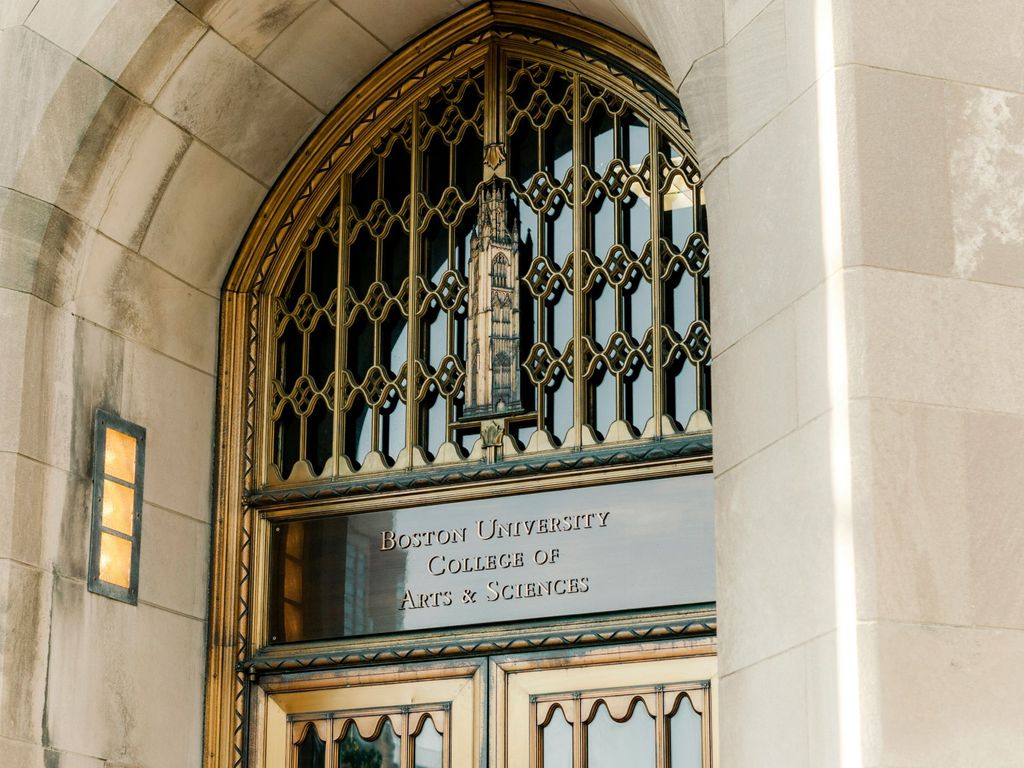Thesis / Comprehensive Examination
|
The candidate must pass an Oral Examination by one of three means:
- writing a master’s thesis with an oral thesis defense
- a “masters pass” or “PhD Pass” on the PhD Oral Qualifying Examination
- a Masters Oral Comprehensive Examination
1) For a student who writes a master’s thesis, describing a research project carried out by the student and directed by a faculty member, the oral exam takes place as part of the thesis defense. A master’s thesis must give evidence of the candidate’s ability to understand, critically evaluate, and competently carry forward a scientific investigation. This is achieved by advancing an experimental technique, by extending the application of a physical theory, or by collecting new scientifically relevant data or analyzing previously existing data. The thesis must demonstrate the candidate’s ability to present the results of their work in a logical and coherent manner. The thesis is judged in an oral examination administered by a committee of three faculty members, including the student’s advisor.
- The committee must approve a prospectus of the thesis at least three months before the oral examination.
2) For students taking the PhD Oral Qualifying Examination, achieving either a “masters pass” or a “PhD pass” will meet the master’s comprehensive examination requirement.
3) Alternatively, a student wishing to leave with an MA may have a Masters Oral Comprehensive Examination committee, consisting of three Astronomy faculty members, to query the student regarding their understanding of graduate-level physics, astrophysics, and space physics to ascertain mastery of these topics.
|



